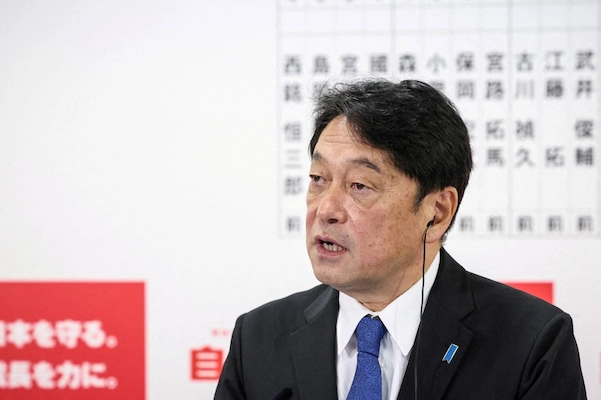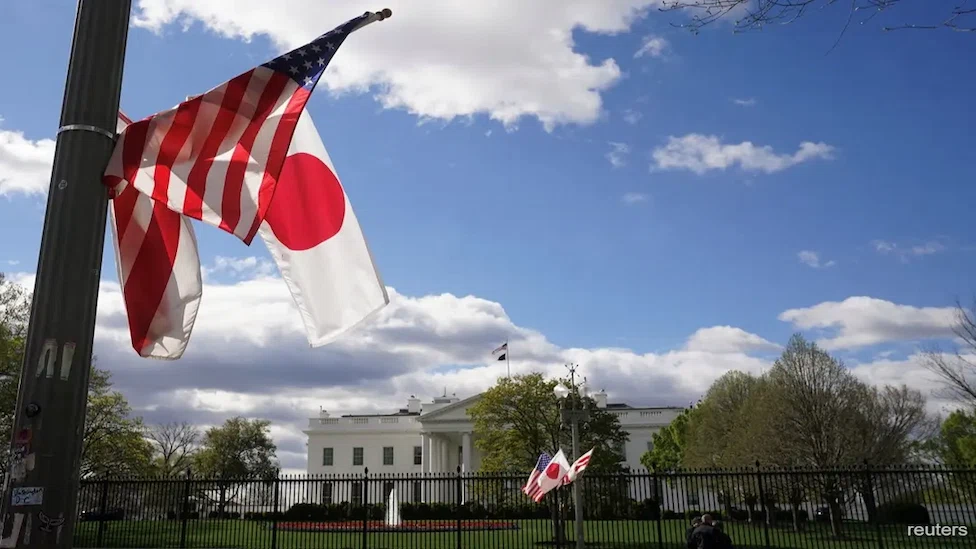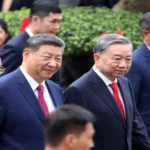Japan-US Trade Talks: Japan will not use its U.S. Treasury holdings as leverage in upcoming Japan-US trade talks. The discussions are set for April 17. Policy chief Itsunori Onodera confirmed this on NHK TV. He stressed that Japan, as an ally, won’t disrupt U.S. markets.
Last week, U.S. Treasury yields spiked, raising concerns. Some investors feared China, and others might reduce holdings due to trade tensions. Meanwhile, U.S. tariffs on Japanese goods remain at 10%. Japan seeks exemptions, while the U.S. wants agricultural and LNG concessions.
Also Read | China Adopts Bold Trade War Strategy to Counter Trump’s Tariffs
Japan-US Trade Talks: Insights
- Japan denies using U.S. debt as a negotiation tool.
- U.S. Treasury yields recently surged, causing market worries.
- Japan faces a 10% tariff on most exports to the U.S.
- Talks will focus on exemptions and trade concessions.
- Japan may involve the WTO and ASEAN for support.
Background
The Japan-US trade talks come amid ongoing tariff tensions. The U.S. had paused some tariffs but kept a 10% rate on Japanese goods. Japan calls these tariffs unfair.
Prime Minister Shigeru Ishiba criticized the policy. He said tariffs won’t boost U.S. manufacturing. Japan wants a strong negotiation strategy. It also seeks support from U.S. lawmakers in states with Japanese businesses.
Main Event
Japan firmly rejected using U.S. Treasury bonds as leverage. Onodera said market stability is a priority. His comments followed a sharp rise in U.S. bond yields. Investors worried about global reserve managers shifting away from U.S. debt.
The U.S. maintains a 10% tariff on Japanese imports. Japan argues this harms both economies. Prime Minister Ishiba met with Kawasaki Heavy Industries officials. He promised strong negotiations.
Japan plans to push for tariff exemptions. The U.S. wants better access for its farm and LNG exports. Onodera suggested involving the WTO. He also emphasized ASEAN cooperation to counter trade pressures.

Japan reassures stability in U.S. Treasury holdings ahead of critical trade talks on April 17, 2025.
Photo Credits: REUTERS.
Also Read | Trump Orders Semiconductor Security Probe Amid China Tariff Tensions
Implications
The Japan-US trade talks will impact businesses and consumers. Japanese exporters face higher costs. U.S. farmers and energy firms seek better market access.
If talks fail, tensions could rise. Japan may turn to the WTO or ASEAN for support. Market stability remains a concern if trade disputes escalate. Both sides aim for a deal that benefits their economies.
Conclusion
The Japan-US trade talks are critical for both nations. Japan seeks fair terms without market disruptions. The U.S. wants trade concessions. Experts say a balanced deal is possible. However, failure could strain economic ties. The world will watch closely as negotiations unfold on April 17, 2025.



